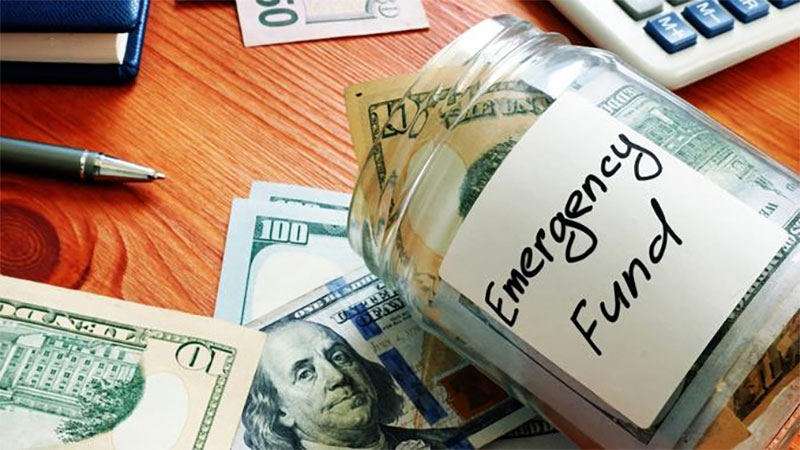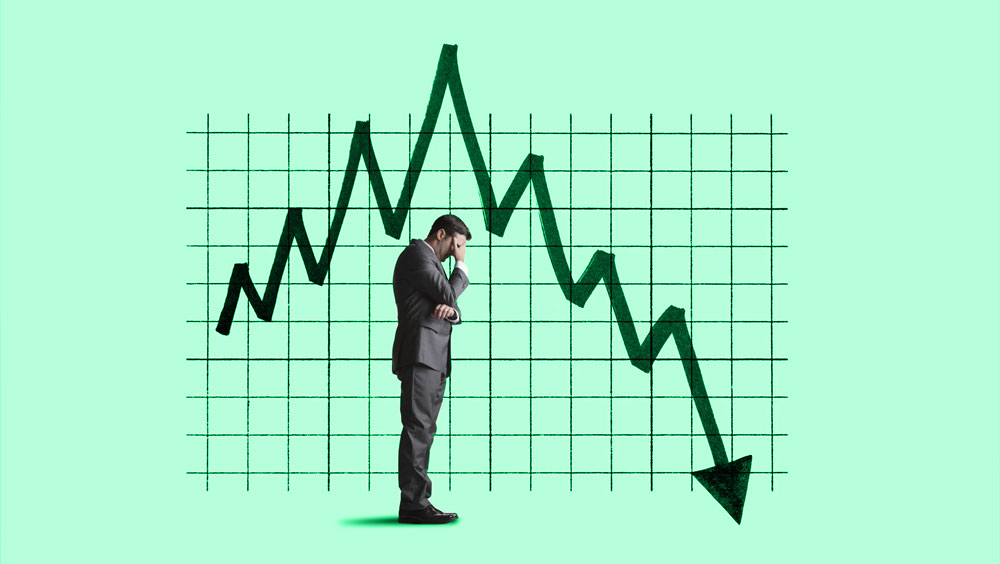A recession is a period of prolonged economic downturn which affects virtually everyone. Although you can't control the economy, there are ways to protect yourself from its challenges on an individual level.
Make an Emergency Savings Fund

During a recession, most retailers make fewer sales, previously flourishing businesses can become unprofitable, and many employers are forced to lay off a large percentage of their staff. No matter how secure you feel at your current job, it's best practice to make an emergency fund. This means opening an easy-access savings account (meaning that you can withdraw from it at any time) and stashing away at least 6 months of living expenses. It doesn't have to be what you spend on a regular month but it should be enough to cover at least your bills and basic expenses. Having a fund like this makes the prospect of lay-off much less daunting and gives you a lot of peace of mind — even if you never end up having to use it.
Stay on Top of Debt Repayment

It goes without saying that it can be really hard to cover all your bills if you experience a sudden decrease in pay. Thus, take the time to get your debts in order while you still have cash coming in regularly. Make sure you've paid all outstanding balances. If you're ever unable to pay all your bills, remember that you should always prioritize your mortgage (or rent), car payment, and health insurance. Then, try to cover at least the minimum payment on your credit card.


